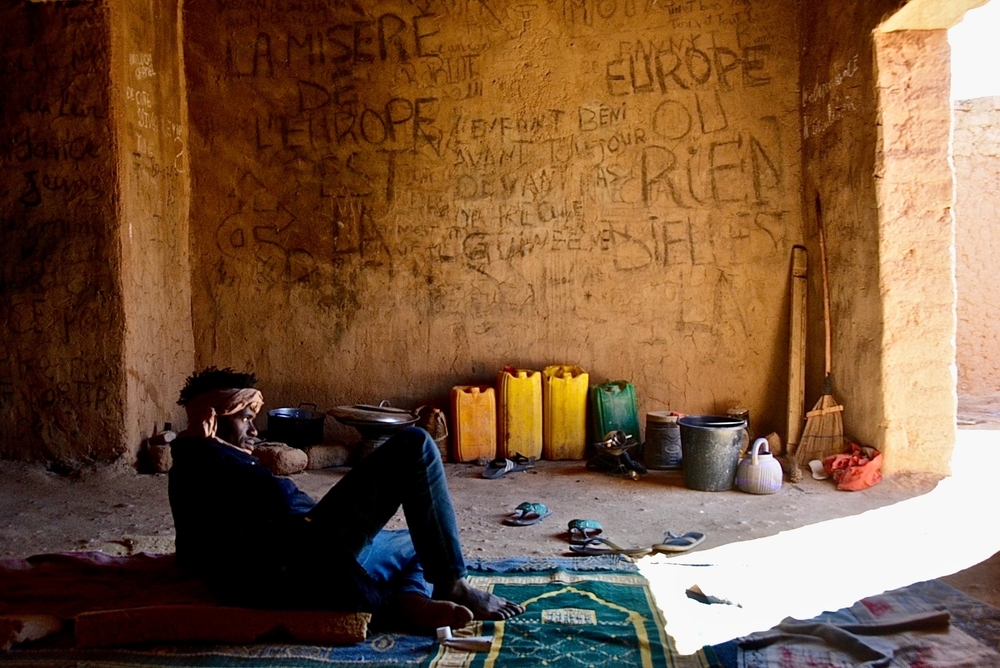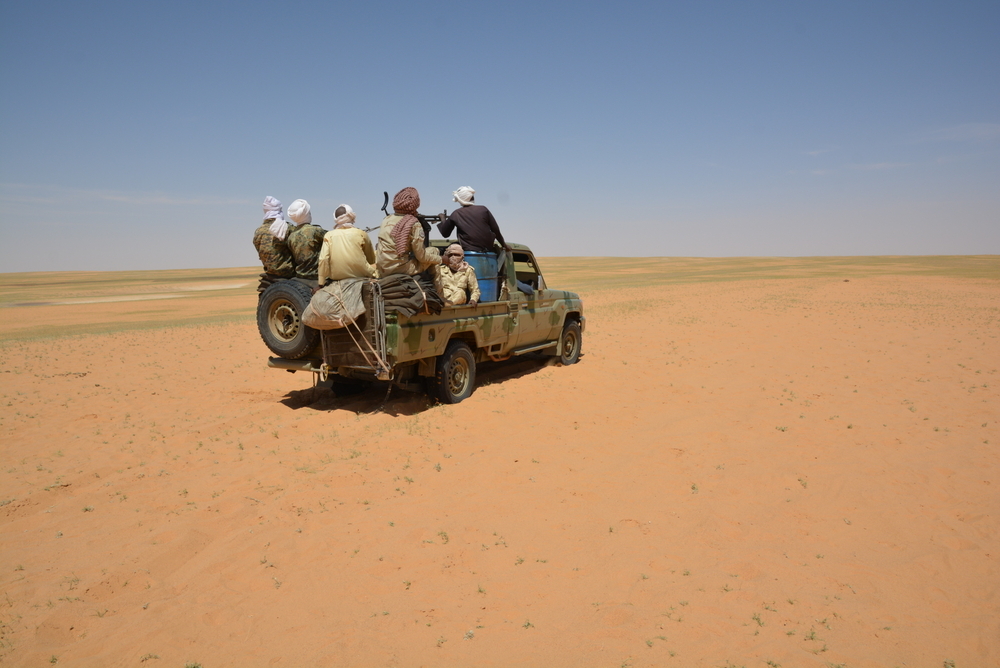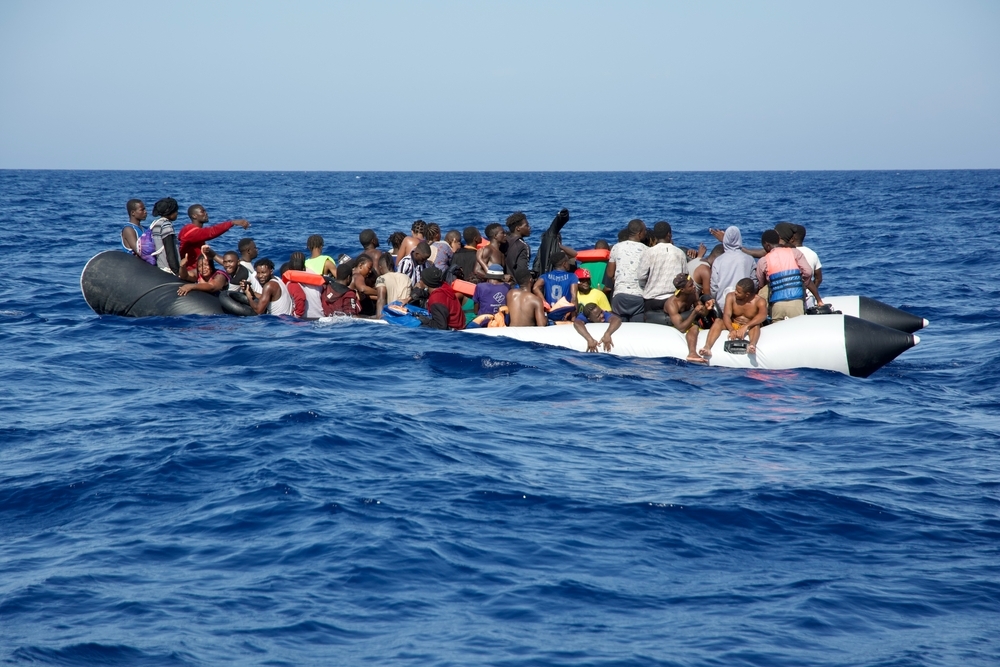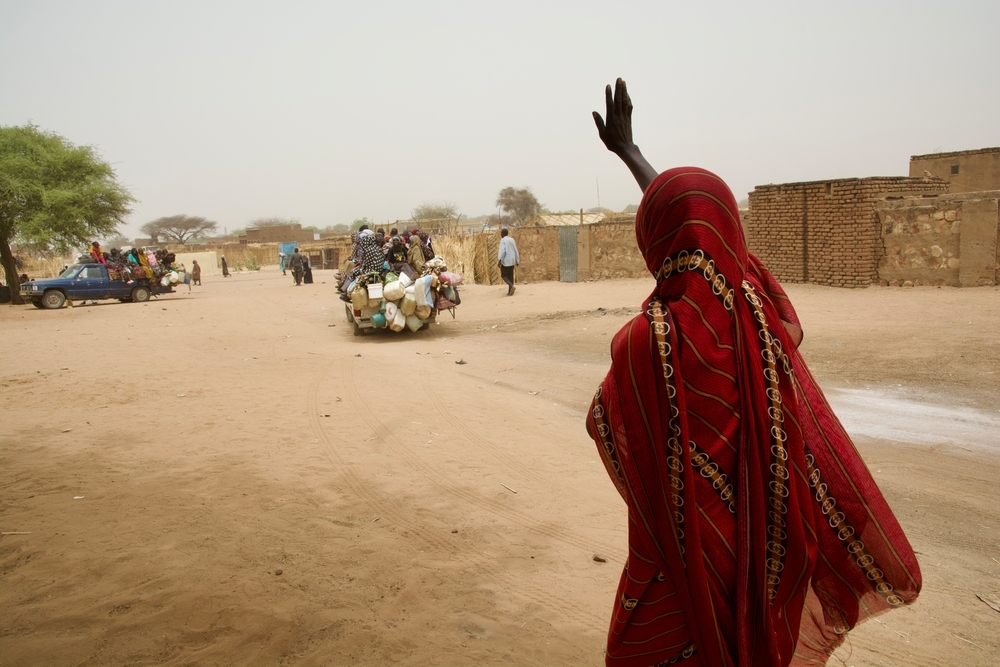A new report by Doctors Without Borders/Médecins Sans Frontières (MSF) shows that agreements made by the European Union with third countries to limit the arrival of refugees and migrants have made routes longer and more dangerous, leading to the deaths of thousands of people.
In September 2015, the photo of a three-year-old boy, Alan Kurdi, who drowned and was found dead on a beach in Turkey, stirred emotions and raised the question of how to protect people fleeing the civil war in Syria. Very quickly, however, in March 2016, the European Union concluded an agreement with Turkey with the aim of limiting arrivals, in exchange for €6 billion.
While this ‘border externalisation’ agreement is not the first of its kind (following the ‘friendship’ agreement between Italy and Libya in 2008 and the Khartoum Process for the Horn of Africa in 2014), it nevertheless marks the beginning of a massive acceleration in similar partnerships, which continues to this day.
Following the signing of an agreement with Libya in 2017, and against a backdrop of increasing obstacles to rescue operations in the central Mediterranean, arrivals from that country fell from 165,000 in 2016 to 7,000 in 2019. However, they rose again the following year and have stabilised since 2021 at around 40,000 to 50,000 people per year, despite increased European material and financial support for the Libyan coastguard. More importantly, 157,000 migrants arrived in Italy in 2023, from all countries of departure combined. This figure is close to the 2016 peak, which can be explained by the shift in departures from Libya to Tunisia. An increasing number of people are now also attempting the perilous Atlantic crossing to the Canary Islands.

As a result of these blockages and longer routes, thousands of people lose their lives every year. Between 2015 and September 2025, at least 27,000 people lost their lives drowning in the Mediterranean, including more than 20,000 in the central Mediterranean, according to the International Organisation for Migration. Similarly, in Niger, migrant deaths increased fivefold between 2016 and 2017, when a law inspired by the European Union and criminalising the transport of migrants was enforced.




In several countries of departure, along migration routes or upon arrival in Europe, MSF witnesses the consequences of externalising border policies on the health and lives of migrants.
There is an urgent need to suspend or abandon existing agreements on migration management and border control in third countries, as they do not guarantee sufficient precautionary measures, respect for human rights and protection for all migrants, regardless of their legal status. Strengthened monitoring and evaluation mechanisms that are regular, financially independent, transparent and binding must be put in place to ensure respect for human rights.












